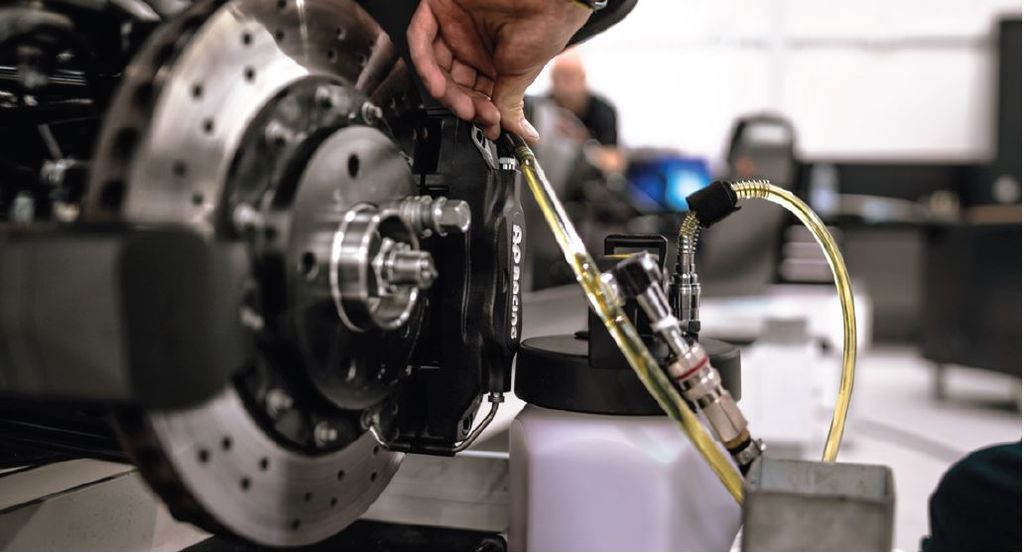The problems tend to arise when brakes are tested to the maximum, such as on a track. When they get too hot, they can suffer from fade after just a few laps which, if you’re in a race, could mean an early retirement. But it often isn’t the brake pads at fault. Most of the time it’s the brake fluid that can cause or cure the problem.
Brake fluids are “non-compressible”, which means they transfer the movement of the brake pedal to the vehicle’s brake pads and discs. And just like the oil you put in your engine; brake fluids come in various levels of quality. Brake systems require high-quality fluids so drivers can enjoy powerful, lightning-fast braking response across lengthy drainage intervals.
Especially for higher performance and racing cars, some of which have performance carbon and ceramic brakes, which produce high temperatures in very extreme conditions, a top-quality brake fluid is essential to ensure they work at their maximum effectiveness.










